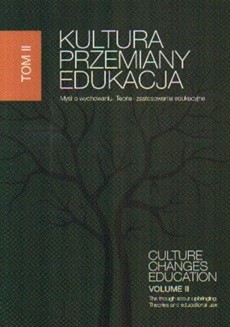Educational practices in the university. A study in the Teacher Training Masters for Teachers of the University of Zaragoza
Keywords:
study, evaluation, skills, innovation processes, student learningAbstract
The recent implementation in the university of professionalizing Masters has meant a considerable increase in the interest of students towards the study of the different subjects in order to improve their expertise. While in some cases it is a prerequisite for access to public opposition, in many others, the Masters allows more extensive knowledge gained throughout university degree. This type of educational practices that the European Higher Education Area (EHEA) has introduced, i.e., the derivatives of education policies, is justified by the process of European convergence. From Brussels come new details and recommendations which the various member States should incorporate into their educational system, whether formal or non-formal education. Specifically, this type of educational practices in the university can lead to innovation processes, as they are designed to generate improvement in student learning, specialisation. To this end, this paper shows the results of a research carried out in the year 2009/2010 in the Teacher Training Masters for High School Teachers of the University of Zaragoza. The aim was to analyse how assessment processes were developing, with what procedures, techniques, types, etc., with the aim of introducing innovation processes leading to improved student learning. This longitudinal study is based on multiple cases whose statistically representative sample consists of 124 students and is developed with quantitative and qualitative methodology. Results of this research conclude that it is possible to introduce other types of evaluation techniques contributing to promote meaningful, collaborative, social and open learning.
Downloads
References
Alkin C. (1969): Evaluation Theory Development. Evaluation comment, 2 (1), 2–7.
Ausubel D.P. (2002): Adquisición y retención del conocimiento. Una perspectiva cognitiva. Barcelona: Paidós.
Ball C. and Halwachi J. (1987): Performance Indicators. Higher Education, 16, 393–405.
Carballo R. (1990): Evolución del concepto de evaluación: desarrollo de los modelos de evaluación de Programas. Bordón, 42 (4), 423–431.
De Miguel M., Mora J.G. and Rodríguez S. (1991): La evaluación de las Instituciones Universitarias. Secretaría General del Consejo de Universidades. Madrid.
García Ramos J.M. (1989): Bases pedagógicas de la evaluación. Madrid: Síntesis.
Savin R. (1999): Aprendizaje cooperativo: teoría, investigación y práctica. Buenos Aires: Aique.
Universidad de Zaragoza (2010): Máster Máster Universitario en Profesorado de Educación Secundaria Obligatoria, Bachillerato, Formación Profesional y Enseñanza de Idiomas, Artísticas y Deportivas: http://titulaciones.unizar.es/Masters-secundaria/ (Last accessed: 06.03.2013).
Willis J. (1996): A flexible framework for task-based learning. In J. Willis and D. Willis (eds.): Challenge and Change in Language Teaching, 235–256. Oxford: Heinemann.
Downloads
Published
How to Cite
Issue
Section
License
Copyright (c) 2014 KULTURA – PRZEMIANY – EDUKACJA

This work is licensed under a Creative Commons Attribution-NoDerivatives 4.0 International License.


